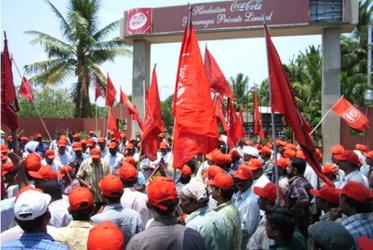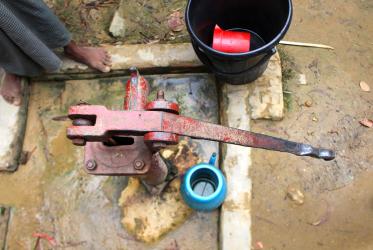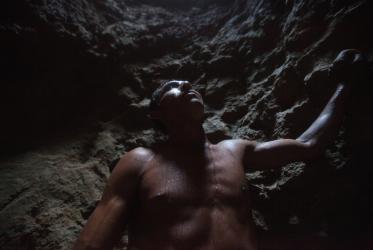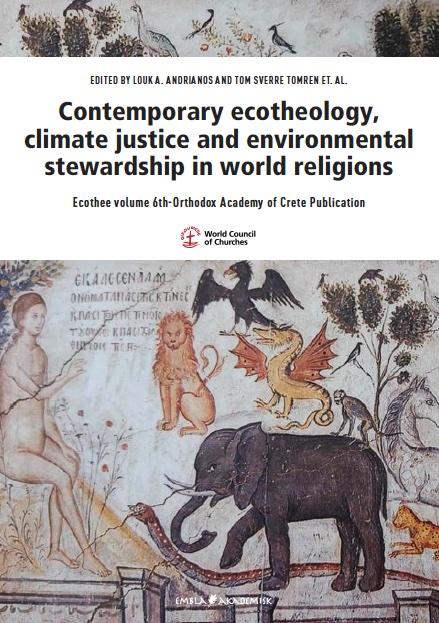Displaying 41 - 60 of 85
08 September 2022
Water and justice at the WCC 11th Assembly
20 July 2022
Called to Transformation - Ecumenical Diakonia
09 June 2022
Groundwater is “a political question”
27 April 2022
Groundwater: a hidden treasure we need to protect, say EWN members
28 February 2022
Contemporary Ecotheology, Climate Justice and Environmental Stewardship in World Religions
Ecothee Volume 6th-Orthodox Academy of Crete Publication
19 December 2021
“Bathroom ministry” for the homeless
14 December 2021



















